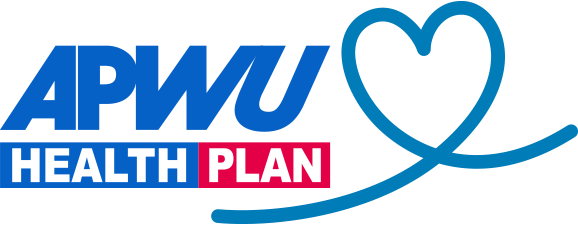Osteoporosis is a condition that causes bones to become more porous, fragile, and prone to fracture as you age. According to the National Osteoporosis Foundation, some 10 million Americans have osteoporosis and 44 million have low bone density, increasing their risk of breaking a bone. For those with osteoporosis, the most common fractures occur in the hip, spine, and wrist. The good news is that osteoporosis is manageable. Simple diet and lifestyle changes can help slow the loss of bone mass and help prevent fractures.
Bone is living, growing tissue
From birth through adulthood, the body makes new bone tissue as old bone tissue breaks down. In young people, bone mass increases as the body makes new bone faster than it breaks down old bone. Most people reach peak bone mass in their mid-20s or by age 30. This is when our bones achieve their maximum strength and size. After that, we tend to lose more bone mass than we gain. Bone thinning is a natural process we can’t completely stop.
With osteoporosis, the loss of bone outpaces the growth of new bone. The condition is progressive, and often without symptoms because you can’t feel your bones getting weaker. Many people learn they have osteoporosis only after they break a bone.
Know the risk factors for developing osteoporosis
Your risk of developing osteoporosis depends in part on how much bone mass you have by the time you reach age 30, and how rapidly you lose it after that. The higher your peak bone mass, the less likely you are to develop osteoporosis as you age.
Many factors put us at risk for developing osteoporosis. We can control some risk factors, while others are beyond our control.
- Gender. Women have less bone tissue than men, so women are much more likely to develop osteoporosis.
- Age. Your risk of developing the disease increases as you get older.
- Race. Caucasians and Asians are at greatest risk.
- Family history. Having a parent, sister, or brother with osteoporosis puts you at greater risk, especially if you have a family history of fractures.
- Body frame size. If you have a small body frame, with a body mass index (BMI) of 19 or less, you have less bone mass to draw from as you age.
- Menopause. Reduced estrogen at menopause is a strong risk factor.
- Sedentary lifestyle. Spending a lot of time sitting may increase your risk.
- Excessive alcohol consumption. Consuming too much alcohol may also increase your risk.
- Tobacco use. Tobacco may contribute to weak bones.
- Hormone levels. Breast cancer treatments that reduce estrogen levels in women and prostate cancer treatments that reduce testosterone levels in men may accelerate bone loss.
- Thyroid problems. Too much thyroid hormone can cause bone loss. This can also occur if you take too much thyroid hormone medication.
- Low calcium intake. Lack of calcium may contribute to diminished bone density, bone loss, and an increased risk of fractures.
- Medical conditions. Stomach surgery, weight-loss surgery, and conditions including Crohn’s disease and celiac disease can limit your body’s ability to absorb calcium.
- Eating disorders. Severe weight loss, malnutrition, and being underweight can weaken your bones.
- Medications. Long-term use of corticosteroid medications may interfere with the bone-rebuilding process.
Take steps to keep your bones healthy
People of all ages can take steps to improve the health of their bones and prevent osteoporosis. When you’re young, it’s important to promote optimal bone growth and development. The higher peak bone mass we achieve in our youth, the lower the risk of osteoporosis as we age.
Throughout life, making smart nutritional and lifestyle choices can help us build strong bones in our youth and prevent rapid loss of bone mass later on:
- Eat a healthy, well-balanced diet. Paying attention to what you eat can help you get the nutrients you need for healthy bones.
- Get the recommended amounts of calcium and vitamin D. Calcium can help you maintain bone density and prevent bone loss. Vitamin D helps your body absorb calcium and improves bone health. You can get some vitamin D from sunlight, but if you wear sunscreen or have limited sun exposure, you need to eat a diet rich in this essential nutrient.
- Engage in physical activity. Weight-bearing exercises, combined with strength training and balance exercises, can help you build strong bones. Weight-bearing exercises include walking, running, stair climbing, and skipping rope. Strength training and weightlifting can help build the muscles and bones in your arms and upper spine. Balance exercises and activities that promote good posture, such as tai chi, can reduce your risk of falling, especially as you get older.
- Avoid severe weight loss and eating disorders. Very low body weight can prevent young people from reaching peak bone mass. In older people, being underweight can increase bone loss and the risk of fractures.
- Don’t smoke and avoid second-hand smoke. Smoking is a risk factor for osteoporosis and bone fractures. If you need help quitting, talk to your doctor about your options.
Ask your doctor for tips to keep your bones healthy
If you have risk factors for osteoporosis, or if you went through menopause early, talk to your doctor. A bone density test can measure your bone mass and determine your rate of bone loss. Your doctor can also answer questions you have about bone health and offer more recommendations to help you keep your bones healthy.







